Think of this as Volume 14, Number 44 of A-Clue.com, the online newsletter I've written since 1997. Enjoy.
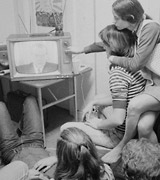
Like millions of others I no longer have a wired phone, just cell phones. So I never heard from a pollster. Like millions of others I spend more time online than in front of the TV, so I missed the flood of TV ads as well.
As a result I was inoculated. I could find out about it in my own way, from sources I trusted, and ignore the rest. When reporters complain about people getting all their news from Fox, or Comedy Central, it's a point they're missing.
The point is that TV is increasingly irrelevant.
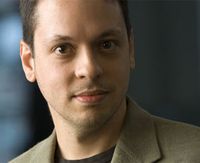
From pamphlets in the age of Jefferson to penny papers under Jackson, from books under Lincoln, to newspapers under McKinley, to magazines and movies under FDR. From TV under Nixon to the Internet today. Our medium of choice is subject to change, and the old media never gets it.
That's what I'm seeing now, when I glance at a newspaper column or see a talking head on TV. You don't matter any more. Neither does your medium.
It should also be noted that a fading thesis gets its greatest support from a fading medium. Newspapers hated Nixon but it didn't matter. TV hates Obama and frankly that doesn't matter either. Trying to get TV people to understand this is like trying to explain Columbus to Dominican natives in 1492 — they won't even believe the evidence of their own eyes.
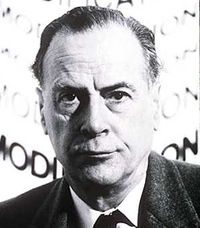
We know our bookmarks drive us. Do those bookmarks have any political content in them at all? For many people, they don't. Deliberately.
But people do change their minds. They will continue doing so. In the TV era this choice was considered ephemeral, at least among the "independent" voters driving results. It was assumed they could be swayed in one direction or another by the tools of TV. By advertising. This cycle, I suspect, represents a sort of high-water market of this belief.
In the Internet era, I suspect, opinions are more stable, because of the constant reinforcement we get from our bookmarks. So how do we get under that?
Sometimes it happens due to events in our lives. A loved one is murdered, or gets cancer, and we find that what we thought was right and true isn't, so we start to question everything. Big events can trigger these changes, like 9-11, the Iraq War, and (for some) the health care debate. Then we find someone we trust, and they lead us toward a different world view.
Sometimes this even happens with elites. The conversion of John Cole from right to left is an example. Someone finally went too far for him, he began questioning his assumptions, and he switched sides.
Usually it's not so blatant. Usually we evolve in our thinking.
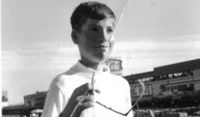
But that's just me, and what I just described took 30 years of my life. We all evolve, and the rise of Internet groups that isolate us from one another politically and socially won't change that. We just need to figure out how we do it for ourselves, and figure out how others do it in order to win elections and drive policy debates.
We haven't done that yet. We haven't even begun to do that. Understanding this new medium, how to manipulate it and the people behind the screens, remains in its infancy. And it won't be the property of me, or probably you, either. Our political generation is that of the Nixon Thesis.
My guess is that this medium runs both hot and cold. TV is a hot medium, so its intensity is constant in the name of political manipulation. My guess is that we don't always want hot online, that sometimes we want a more civil discourse, and that we will find a way toward that discourse. (Even if the discussion starts out being about something else entirely.) And it's in that quiet that we will evolve, rather than noisily in front of the idiot box.
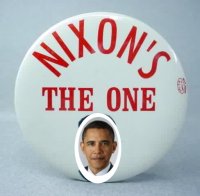
But truly defining this medium is a job for my kids, and your kids, one that will last their working lifetimes.
So listen to them as they describe their online experiences. Don't interrupt. They have important things to say. Politically, baby boomers have become grandparents. And the key to good grandparenting, it seems to me, is being there, and making the best use we can of the remaining lines given us.










So here we are now Dana. The people have heard Obama, they’ve seen what he stands for, and they reject it.
Where are you now, with your predictions of an Obama win this November?
So here we are now Dana. The people have heard Obama, they’ve seen what he stands for, and they reject it.
Where are you now, with your predictions of an Obama win this November?
If you don’t offer an agenda you don’t win. The President failed to offer one. I offered one, and I don’t so much mind that being rejected as he didn’t offer any agenda.
Tell people what you’ll do if returned to office. Every election is a national election. In every election the President is on the ballot. Fact.
Fortunately he learned the lesson. “Leadership is about more than getting legislation passed” he said afterward.
So I think you’ll see a change from him.
If you don’t offer an agenda you don’t win. The President failed to offer one. I offered one, and I don’t so much mind that being rejected as he didn’t offer any agenda.
Tell people what you’ll do if returned to office. Every election is a national election. In every election the President is on the ballot. Fact.
Fortunately he learned the lesson. “Leadership is about more than getting legislation passed” he said afterward.
So I think you’ll see a change from him.